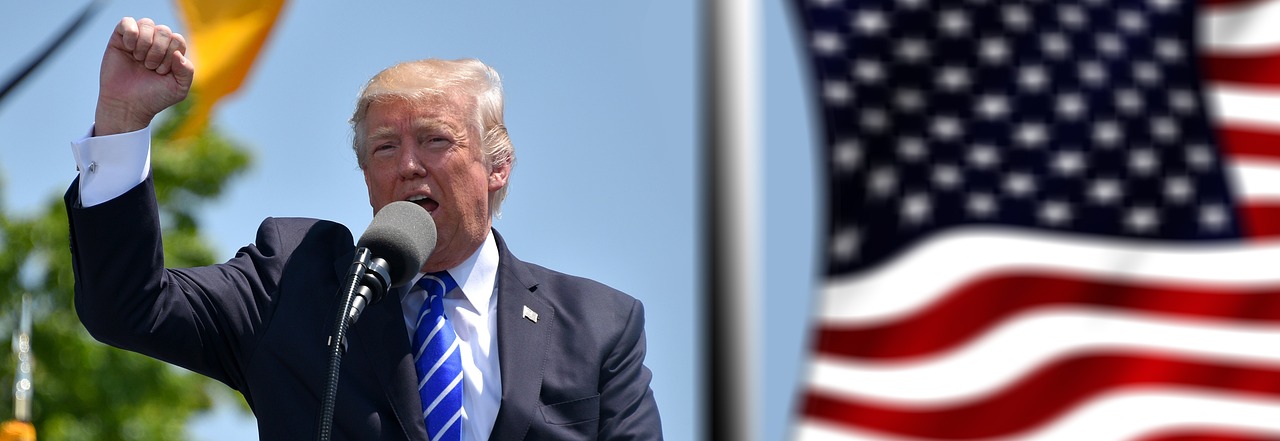NEW PARADIGM
Germany Sleepwalks Ahead of a Trump Return
From our Forum New Economy newsletter series.
BY
THOMAS FRICKEPUBLISHED
29. JANUARY 2024READING TIME
2 MIN
There is something bizarre about it: for weeks, Germany has been arguing about whether or not the (recently reformed) unemployment assistance is too high – and it seems as if the fate of the country depends on it. Yet the very thing that has ensured German prosperity for years could soon be under threat from somewhere else entirely: if Donald Trump does indeed become president of the USA for a second time. This seems to be causing far less concern in the country of export champions – let alone thinking about how to protect themselves from the consequences of Trump II for their own (export) prosperity.
This suggests the recklessness with which the Germans are once again running export surpluses shortly after the energy shock of 2022 – and are now threatening to exacerbate these once again via austerity and correspondingly weak demand for imports.
Economists Shahin Vallée, Sander Tordoir and Sebastian de Quant come to the same conclusion in a study on the geopolitically naive German export model for the Forum New Economy, which has now been published – and featured in the ZEIT Online (in German) and at IP Quarterly (in English). Despite all the declarations, there are few effective efforts to prevent too much dependency on strategically important matters through better control of exports, imports or investments – so as not to be vulnerable to any possible weaponisation of these dependencies, whether by Trump or already China. Many things are decided nationally in Europe, which prevents the Europeans from countering with united strength. Worse still, Europeans often shut each other down: first the EU encourages China to enter European ports, then the warning shot is fired, as in the case of Hamburg.
According to the three authors, the German automotive industry is already particularly vulnerable. And it is difficult to imagine whether the industry will be able to withstand China’s increasingly mercantilist trade policy without much more open anti-dumping measures. Not a good omen for what threatens to come after the US election in November. Germany and the EU appear to be sleepwalking into a geo-economic crisis that could be devastating, write Vallée, Tordoir and de Quant.
*
The extent to which national customs can clash with globalized reality has become apparent in recent years whenever major (international) financial crises have occurred – and the central banks have had to intervene to rescue them. This at least went against the declared ordoliberal policy stance of the German Bundesbank, according to which such interventions are only harmful because they encourage the recklessness of the players – keyword: moral hazard. Last year, Moritz Schularick analyzed whether this is the case – and when and how central banks intervene in crises – in a major historical paper spanning 400 years. On Tuesday, the head of the Kiel Institute for the World Economy will discuss the results with none other than the head of the Bundesbank, Joachim Nagel – on January 30 at 4:30 pm.
This text is from our bi-weekly newsletter series. To subscribe, click here.
